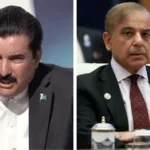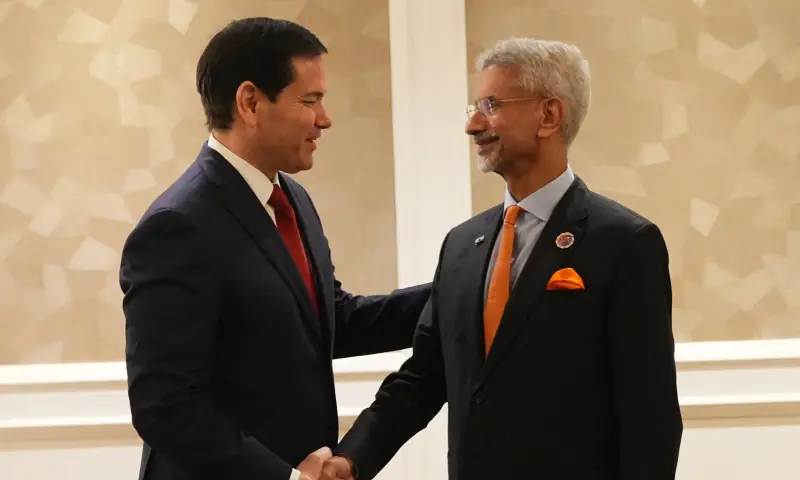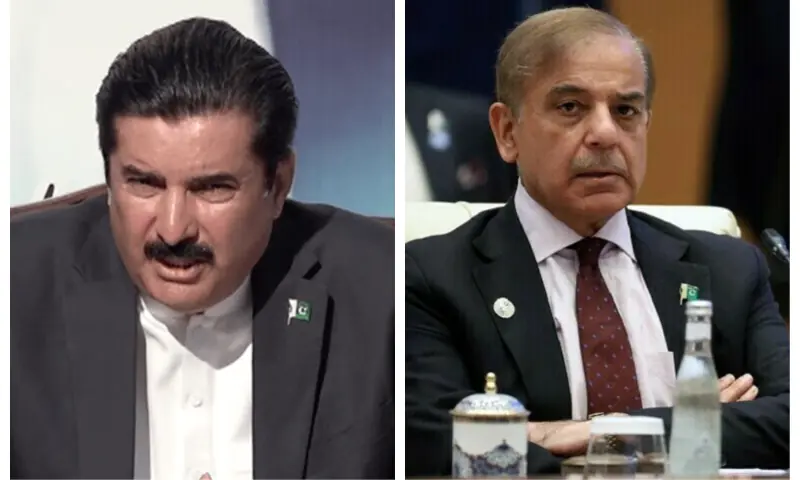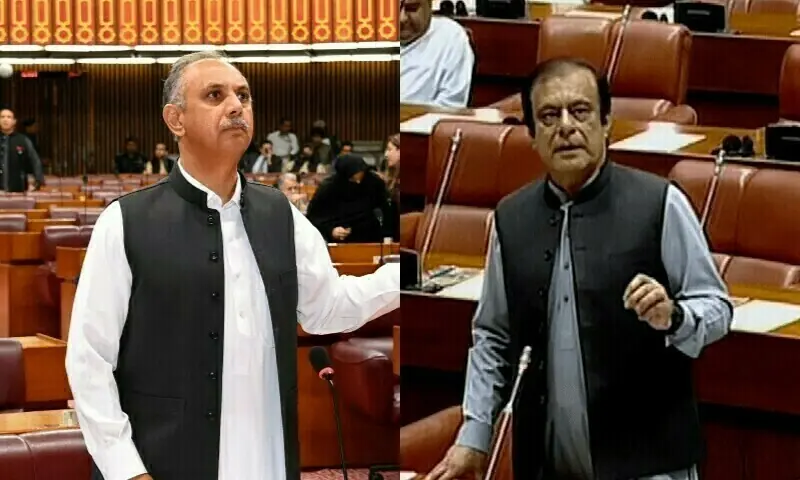US Secretary of State Marco Rubio met Indian Foreign Minister Subrahmanyam Jaishankar in Malaysia on Monday, as the two countries push trade talks and ease tensions over Washington’s punitive tariffs.
Few details were released, but Rubio’s meeting with Jaishankar is the highest-level contact since the United States imposed sanctions last week on Russian oil companies, a key source of India’s crude supply.
Jaishankar posted a photo on social media showing him smiling and shaking Rubio’s hand, saying he “appreciated the discussion about our bilateral relations as well as regional and global issues.”
The meeting took place on the sidelines of the annual summit of the Association of Southeast Asian Nations (ASEAN) in Malaysia, which was attended in person by US President Donald Trump and addressed by Indian Prime Minister Narendra Modi by video conference.
Modi had backtracked on his proposal to visit Kuala Lumpur to attend the Asean summit, and Malaysian Prime Minister Anwar Ibrahim said his Indian counterpart had cited the “ongoing Deepavali celebrations” as the reason for the change in plans.
Relations between Washington and New Delhi plummeted in August after Trump raised tariffs to 50 percent, and U.S. officials accused India of fueling Russia’s war in Ukraine by buying discounted oil from Moscow.
Trump, who spoke to Modi by phone last week, said the Indian leader had agreed to reduce imports of Russian oil, something New Delhi has not commented on.
A White House official said New Delhi had halved its purchases of Russian oil, but Indian sources said no immediate reduction had been seen.
Last month, the United States added a $100,000 “one-time” fee to H-1B visas for skilled workers, and India accounts for about three-quarters of annual recipients.
India had said the Trump administration’s move would likely have humanitarian consequences, warning of potential disruption for families affected by the policy.
Ties with Pakistan not at the expense of friendship with India: Rubio
Yesterday, Rubio said that the United States sees an opportunity to expand its strategic relationship with Pakistan and that the recent strengthening of ties between the two countries does not come at the expense of Washington’s relationship with New Delhi.
“They really haven’t,” he said, when asked if India had expressed any concerns about the “stronger relationship” between the United States and Pakistan.
“I mean, we know that they are concerned for obvious reasons because of the tensions that have historically existed between Pakistan and India. But I think they have to understand that we have to have relations with many different countries,” he said at a news conference.
He continued: “We see an opportunity to expand our strategic relationship with Pakistan, and I think we have achieved that – that is our job, to try to determine how many countries we can find that we can work with on things of common interest.
“So I think Indians are very mature when it comes to diplomacy and things of that nature. Look, they have some relationships with countries that we don’t have relationships with. So, it’s part of a mature and pragmatic foreign policy. I don’t think anything we’re doing with Pakistan is at the expense of our relationship or friendship with India, which is deep and historic and important.”








